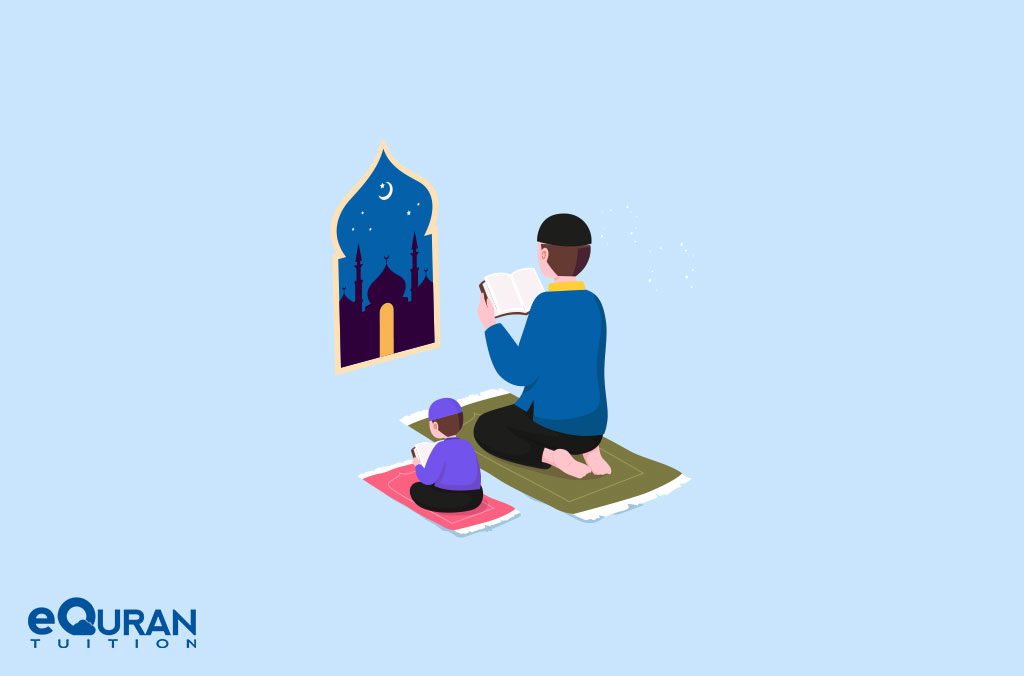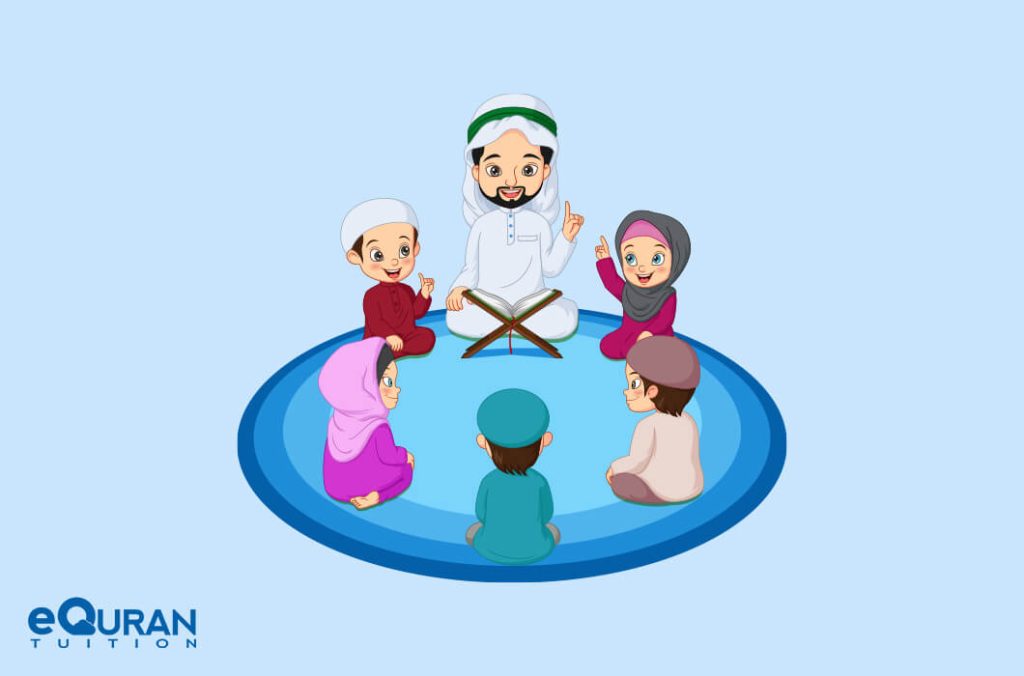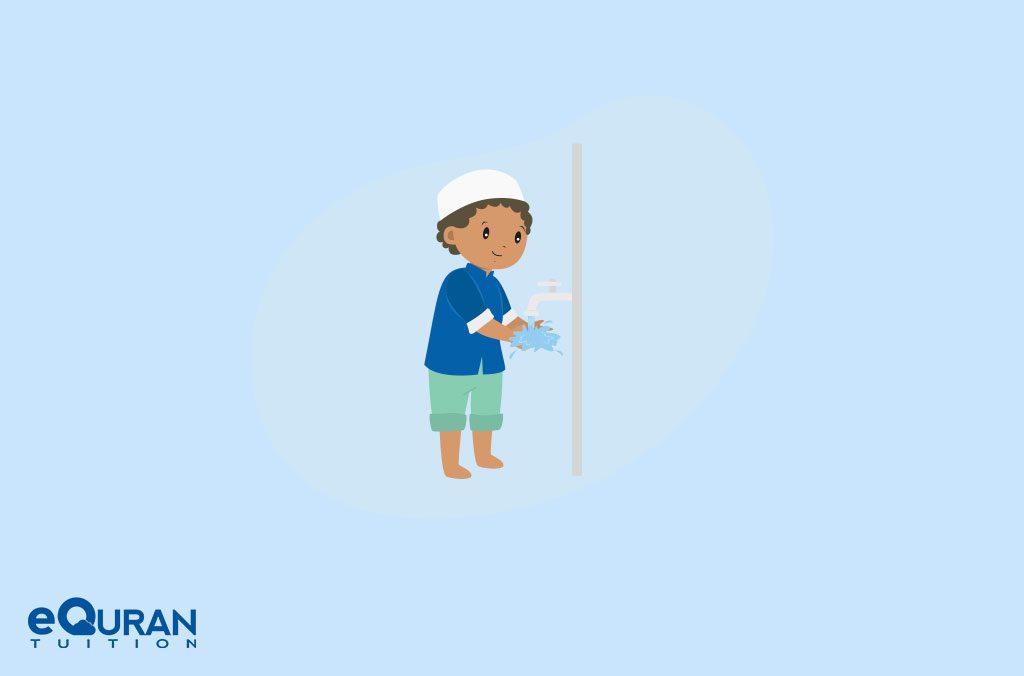
Ramadan is a sacred and blessed month for Muslims around the world. It’s a time of fasting, prayer, reflection, and self-improvement. One of the most significant spiritual goals during this month is to complete the recitation of the Quran, the holy book of Islam.
This achievement is not only a source of immense reward but also a means to strengthen one’s connection with Allah (God). In this blog, we will provide you with a detailed schedule guide on how to finish the Quran during Ramadan.
20 Tips for Finishing the Quran Within Ramadan
Here are 20 effective tips and strategies to complete the Quran during the sacred month of Ramadan.
1. Set Your Intention
Before embarking on this journey, it’s essential to set your intention (niyyah). Make a sincere commitment to recite the Quran with the intention of seeking spiritual growth, guidance, and Allah’s pleasure. Your intention should be clear and sincere.
2. Prioritize Time Management
Managing your time effectively during Ramadan is crucial. Devote specific hours each day to Quran recitation. Depending on your daily schedule and commitments, allocate a specific time when you are most focused and free from distractions.
3. Divide the Quran into Sections
The Quran is divided into 30 parts, known as “Juz’.” To complete the Quran in Ramadan, aim to recite one Juz’ each day. This division ensures that you complete the Quran by the end of the month. You can find Quranic text divided into Juz’ in most printed copies and online resources.
4. Consistency is Key
Consistency is vital in achieving your goal. Even if you have a busy schedule, commit to reciting a portion of the Quran daily. This ensures you stay on track and don’t fall behind. Consistency in your recitation will also help you understand and reflect on the verses more effectively.
5. Utilize Prayer Times
Incorporate Quran recitation into your daily prayer routine. After Fajr and before Isha prayers are excellent times for reflection and recitation. You can also read the Quran after Taraweeh prayers during the nights of Ramadan.
6. Reflect and Ponder
Reading the Quran is not just about finishing it; it’s also about understanding and reflecting on its verses. Take time to ponder the meaning of the verses you recite. Use a translation or Tafsir (exegesis) to aid your understanding. This will enhance your spiritual experience.
7. Seek Help from Apps and Resources
There are many apps and online resources available to assist you in your Quranic journey. These tools can provide translations, Tafsir, and even audio recitations. Some apps even allow you to set daily recitation goals.
8. Join a Quran Study Group
Consider joining a Quran study group or a Halaqah during Ramadan. This allows you to recite and discuss the Quran with others, benefiting from their insights and motivation.
9. Make Du’a (Supplication)
Throughout your journey to complete the Quran, make frequent supplications to Allah. Ask for guidance, understanding, and the ability to apply the Quranic teachings in your life. Remember that the spiritual aspect of recitation is just as important as the quantity.
10. Be Patient and Trust the Process
Completing the Quran in Ramadan is a noble goal, but it may be challenging at times. There will be days when you feel tired or distracted. Be patient with yourself and trust the process. Keep moving forward, and you’ll achieve your goal by the end of the month.
11. Create a Comfortable Reading Space
Designate a peaceful and comfortable area for your Quran recitation. Ensure good lighting and minimal distractions. A serene environment can enhance your focus and connection with the Quran.
12. Set Realistic Goals
While completing the Quran is a commendable goal, be realistic about your abilities and time constraints. If reciting one Juz’ daily is too demanding, aim for a more manageable goal, like half a Juz’ or a few pages.
13. Incorporate Memorization
Use this opportunity to memorize verses or chapters of the Quran alongside your recitation. It’s a challenging but rewarding endeavor that deepens your connection with the Quran.
14. Listen to Quranic Recitations
Listen to professional Quran reciters during your daily commute or while performing household chores. This not only reinforces your connection with the Quran but also improves your pronunciation and recitation.
15. Engage in Acts of Charity
Incorporate acts of charity and kindness into your daily routine during Ramadan. This aligns with the spirit of the month and can enhance your spiritual journey as you engage with the Quran.
16. Stay Hydrated and Eat Nutritious Meals
Fasting during Ramadan can be physically demanding. Ensure you stay hydrated and eat nourishing meals during Suhoor (pre-dawn meal) and Iftar (meal to break the fast). Good physical health supports your spiritual endeavors.
17. Review What You’ve Learned
Regularly review what you’ve recited and understood. This reinforces your memory and understanding of the Quranic verses. It’s an effective way to ensure that your efforts aren’t in vain.
18. Share Your Progress
Share your Quranic journey with friends and family. Discussing your goals and progress with loved ones can provide encouragement and motivation.
19. Stay Mindful of Ramadan’s Blessings
Remember that Ramadan is not just about completing the Quran but also a time for self-reflection, repentance, and spiritual growth. Stay mindful of the blessings of this sacred month.
20. Plan for Post-Ramadan
Consider how you’ll continue your Quranic journey after Ramadan. Set a plan to maintain your recitation and spiritual connection with the Quran beyond the month.
Conclusion:
In conclusion, completing the Quran during Ramadan is a profound spiritual endeavor that requires intention, dedication, and careful planning.
By setting clear intentions, managing your time effectively, and maintaining consistency in your recitation, you can achieve this noble goal. May your efforts be rewarded, and your connection with Allah strengthened during this sacred month and beyond.
FAQs:
Q: Why is Ramadan the Month of the Quran?
Ramadan is often referred to as the “Month of Quran” because it is believed that the Quran was first revealed to the Prophet Muhammad during this month. Muslims around the world make a special effort to read, recite, and reflect upon the Quran’s teachings during Ramadan. This tradition helps strengthen their spiritual connection to the holy book.
Q: What is the Significance of Taraweeh Prayers in Ramadan?
Taraweeh prayers are special nightly prayers performed during Ramadan after the obligatory Isha prayer. They involve the recitation of the Quran in its entirety over the course of the month. These prayers hold great significance as they provide an opportunity for Muslims to hear the Quran being recited in a beautiful and melodious manner while also gaining spiritual benefits.
Q: Can Non-Muslims Read the Quran During Ramadan?
Non-Muslims are welcome to read and learn about the Quran at any time, including during Ramadan. Many Islamic centers and mosques offer educational programs and resources to help individuals of all backgrounds understand the Quran’s message. It’s a great opportunity for interfaith dialogue and cultural exchange.
Q: What is the Connection Between Fasting in Ramadan and the Quran?
Fasting during Ramadan is one of the Five Pillars of Islam and is closely tied to the Quran. Muslims fast from sunrise (Fajr) to sunset (Maghrib) during Ramadan as an act of worship and self-discipline. The Quran encourages fasting as a means of developing taqwa (consciousness of God) and self-control, which are essential for a deeper understanding of its teachings.
Q: Are There Specific Verses or Chapters of the Quran Recommended to Read During Ramadan?
While there are no specific chapters or verses mandated for reading during Ramadan, many Muslims aim to complete the recitation of the entire Quran over the course of the month. However, some chapters are considered particularly relevant during this time, such as Surah Al-Baqarah (Chapter 2) and Surah Al-‘Imran (Chapter 3).

eQuran Tuition is your trusted online institute in the US for expert Quran learning with Tajweed, connecting you with experienced Quran tutors for a meaningful Quranic journey.




